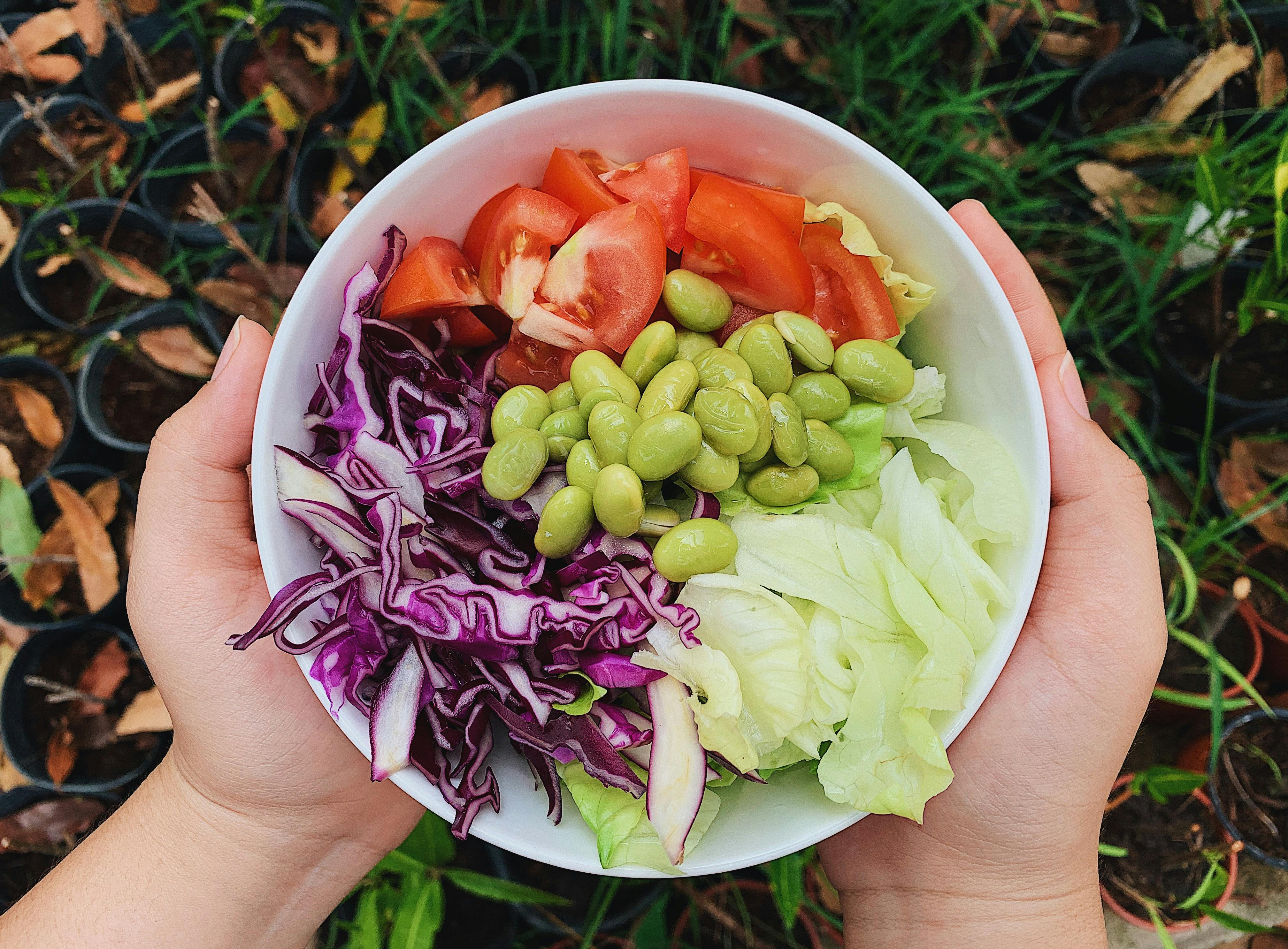
Apply Now


Understanding the Alpha Gal Diet: A Comprehensive Overview
The Alpha Gal Diet is designed for individuals living with Alpha-Gal Syndrome, a condition triggered by an allergic reaction to a carbohydrate found in red meat and some other animal products. This allergy can lead to distressing symptoms such as skin reactions, digestive issues, and inflammation, making dietary management essential. Understanding the Alpha Gal Diet not only helps in avoiding harmful foods but also promotes healthy eating that supports symptom management and overall well-being. The importance of adopting this diet goes beyond just avoiding red meat. The goal is to create a nutritional balance that incorporates safe alternatives, enhances digestive health, and reduces inflammation. As we explore the components of the Alpha Gal Diet, we will look at the foods to avoid, red meat alternatives, meal planning strategies, and tips for navigating social eating situations. In this guide, you will learn about various food categories, such as legumes, grains, fruits, and vegetables, which can be crucial for maintaining a balanced diet. We will provide practical cooking tips, allergy-friendly recipes, and nutritional education to help you flourish in your dietary lifestyle. With these tools, you can effectively manage symptoms and enjoy a fulfilling diet that caters to your health needs.Essential Foods to Avoid on the Alpha Gal Diet
Managing Alpha-Gal Syndrome requires keen awareness of food labels and a proactive approach to avoiding triggers. The primary food group to avoid is red meat, which includes beef, lamb, and pork, as these can initiate allergic reactions. Additionally, some individuals with Alpha-Gal Syndrome may find that they react to other mammalian products, including gelatin and certain dairy products. Building on these fundamentals, it is crucial to recognize other food types that may be problematic. Fermented foods from mammals, like certain cheeses, should be avoided, alongside products derived from cows, such as cow's milk. Opting for alternatives can greatly reduce the risk of symptoms. For example, individuals can choose cow's milk alternatives like almond milk, soy milk, or oat milk, which provide nutritious options without the associated risks. Contemplating dining out? Always consult the menu for allergen information and consider informing staff about your dietary restrictions. This vigilance helps ensure safe eating, promoting a more confident dining experience.Identifying Hidden Allergens in Ingredients
When navigating food labels, be vigilant about hidden allergens that may appear under various names. Ingredients such as "natural flavors" or "hydrolyzed vegetable protein" can sometimes stem from animal products, so it's best to err on the side of caution. Always check the ingredient list and feel comfortable asking questions when purchasing pre-packaged foods or while at restaurants. Despite potential challenges, there are many safe and nutritious foods that can be included in the diet. These include a wide variety of fruits, vegetables, whole grains, nuts, and seeds which provide essential vitamins and nutrients.Dietary Adjustments for Managing Symptoms
Dietary adjustments can significantly influence the management of Alpha-Gal Syndrome symptoms. Incorporating anti-inflammatory foods can help mitigate issues related to the immune response triggered by allergens. Foods rich in omega-3 fatty acids, such as walnuts and flaxseeds, are excellent choices for their anti-inflammatory properties. Moreover, hydration is crucial for overall health and can impact how well your body copes with food allergies. Drinking water regularly helps support digestion and can prevent some allergic reactions from exacerbating.Choosing Red Meat Alternatives for a Balanced Diet
Transitioning away from red meat does not mean sacrificing flavor or nutrition. There are numerous alternatives available, which include plant-based proteins that are both delicious and nutritious. Foods such as lentils, chickpeas, and various beans serve as excellent sources of protein without the harsh effects of red meat. Moving to protein-rich foods, consider incorporating foods rich in antioxidants, such as blueberries and leafy greens. They not only provide essential vitamins but also contribute to immune system support.Incorporating Plant-Based Proteins into Your Meals
Plant-based diets can be both fulfilling and beneficial when dealing with allergies. Nuts, seeds, and legumes are rich in protein and other essential nutrients that can keep your meals balanced. Quinoa, a gluten-free grain, is a unique complete protein source and can be versatile when creating meals. You can create a healthy meal plan by utilizing an array of cooking methods, including steaming, baking, and sautéing with healthy fats such as olive oil or avocado oil. These methods help lock in nutrients while avoiding the addition of harmful ingredients.Exploring Gluten-Free and Dairy-Free Options
Embracing a gluten-free and dairy-free diet is often necessary for individuals with Alpha-Gal Syndrome. Many gluten-free grains such as rice, quinoa, and amaranth can be utilized freely, offering versatility in meal planning. If you are sensitive to gluten, ensure to choose products that are certified gluten-free to avoid cross-contamination, which is a common concern. Dairy-free substitutes play a significant role in maintaining dietary balance. Using plant-based options can support digestive health while providing delicious flavors. Almond milk, coconut yogurt, and plant-based cheese can serve as replacements while keeping meals allergen-free.Cooking Tips for Allergy-Friendly Meals
Creating safe meals involves understanding how to prepare food without triggers. Learning cooking techniques that avoid cross-contamination is essential. Always use separate utensils and cooking surfaces for allergen-free cooking. Incorporate fresh herbs and spices to enhance flavor without adding harmful ingredients; not only do they make dishes more appealing, but they also contribute health benefits.Meal Prep Strategies for Busy Lifestyles
To streamline your cooking, consider meal prep as a strategy to ensure you have allergen-free meals readily available. Start by planning your weekly menu, outlining your main meals along with snacks. Prepare batches of safe foods that can be easily reheated throughout the week, ensuring you stay on track with dietary goals. Involving family members in meal preparation can also help build support and understanding of your dietary needs. Knowing you have healthy snacks and main dishes available reduces the likelihood of impulsive eating and helps maintain focus on your nutritional goals.Smart Snacking Ideas for Nutritional Balance
Having healthy snacks at hand is a crucial component for managing hunger and maintaining energy levels. Opt for nutrient-dense snacks that feature fruits, nuts, and seeds. Smoothies made with fruits, greens, and plant-based protein powders are excellent choices. Also, consider incorporating high-fiber options, such as air-popped popcorn or homemade trail mix. These snacks support digestion and can boost energy levels throughout the day.Conclusion: Navigating the Alpha Gal Diet with Confidence
Navigating the Alpha Gal Diet is an empowering journey towards better health and well-being. By avoiding allergens like red meat and embracing various food alternatives, individuals can maintain a balanced and nutritious diet. Awareness of food labels, cooking techniques, and meal prep can greatly enhance the effectiveness of dietary management. As you explore your dietary options, consider seeking guidance from a registered dietitian or allergist to tailor a personalized plan that meets your needs. Transitioning to an allergen-free lifestyle offers numerous possibilities for creativity in cooking and meal planning. By implementing the strategies discussed, from cooking tips to nutrition education, you can confidently manage your symptoms and enjoy a fulfilling life free from food allergies.
